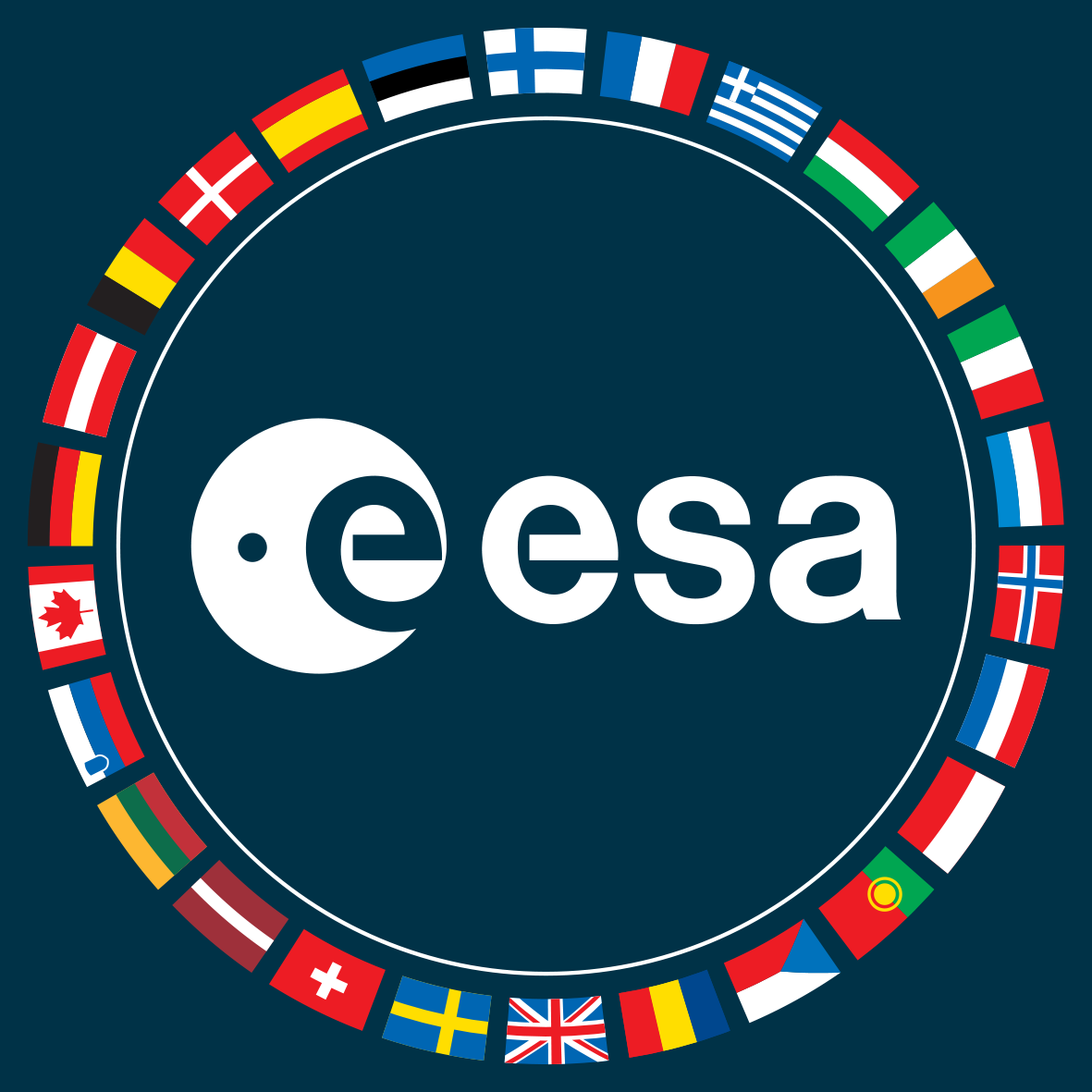Internal Research Fellow (PostDoc) in Biomimetics
Noordwijk, The Netherlands, ESA [11896]
About this job
ESA is looking for an Internal Research Fellow (PostDoc) in Biomimetics.
Our team and mission
This research fellowship will be carried out within ESA’s Advanced Concepts Team (ACT), made up of research fellows (post-docs) and young graduates from a broad variety of academic fields aiming at an academic career. Its task is to monitor, perform and foster research on advanced space systems, innovative concepts and working methods. It interacts externally almost exclusively with academia and operates as a truly interdisciplinary team bound to high scientific standards. Via its research, the team acts as a pathfinder to exploring novel, potentially promising areas for ESA and the space sector, ranging from applied to basic fundamental research topics. An important task is communicating scientific trends and results as input to the Agency’s strategic planning.
The team has performed research in biomimetics since 2002, concentrating since then on research topics related to artificial muscle and joints, seed dispersal, bioinspired sensing, neuromorphic computing and radiation shielding, to name but a few. This research aims to bridge the gap between nature-inspired technologies and space engineering applications.
Candidates are urged to acquaint themselves with the ACT’s research (https://www.esa.int/gsp/ACT/) especially in biomimetics and the complementary field of bio-engineering, and all the team’s other main research lines.
Responsibilities
Field(s) of activities/research/learning areas
You will carry out research in biomimetics. Areas of research and research projects are chosen partly by you based on your own expert judgement and insight into trends and developments, and partly by the team in line with the Agency’s strategic directions.
On the scientific side, you will in particular:
• Propose and perform novel research in biomimetics, where appropriate together with ESA Member State universities (in particular through the Ariadna scheme https://www.esa.int/ariadna)
• Monitor and liaise with, and where appropriate cooperate with, international, European or national research programmes and projects linked to biomimetic research, looking at them from a space perspective;
• Monitor developments in the team’s previous biomimetic research projects.
As ACT researcher, you will:
• Publish results in peer-reviewed publications and use modern tools to communicate with the broader audience inside and outside ESA;
• Lead and assist with interdisciplinary projects with other ACT researchers;
• Participate with the team in the assessment of proposed space system concepts – these not being restricted to biomimetics – and propose new concepts and assessment studies;
• Perform or participate in assessments of subjects of strategic interest to ESA, and provide in-house expertise for strategy development;
• Benefit for your research from the technology and engineering expertise available at ESTEC.
Profile
Technical competencies
Knowledge relevant to the field of research
Research/publication record
Ability to conduct research autonomously
Breadth of exposure coming from past and/or current research/activities
General interest in space and space research
Ability to gather and share relevant information
Education
You must have obtained:
• A degree in biology, technical biology, bio-engineering, biomimetics engineering or a related field;
• A PhD (completed before take-up of duty) in biology (or another discipline with a solid biomimetics focus), with the subject of the thesis being relevant to the tasks outlined above.
Additional requirements
• Ability and interest in prospective interdisciplinary research;
• Aptitude for contextualising specialised areas of research and quickly assessing their potential with respect to other domains and applications;
• Academic networking to add functioning links to universities and research institutes;
• Ability to work in a team, while being able to work individually on your own personal research plans and directions;
• Natural curiosity and a passion for new subjects and research areas;
• Proficiency in computer programming and data analysis.
Specificities
The position of Research Fellow in ESA’s Advanced Concepts Team is similar to a regular academic post-doc placement, but with a few key differences:
1. ACT RFs have no teaching obligations. However, they are likely to be involved in mentoring Young Graduate Trainees and student interns within the team.
2. As the team does not have a professor-like position, ACT RFs are academically more independent than most post-docs. This implies more freedom but also more responsibility for their research directions and approaches.
3. ACT RFs join a diverse, changing and interdisciplinary research team embedded in a large space agency, in contrast with a more specialised, focused research group with close or similar competences.
4. ACT RFs need to actively reach out to other disciplines, to bring their competences to interdisciplinary research projects and encourage other researchers to join them in their core research projects (research at the intersections of disciplines).
5. ACT RFs need to communicate their expertise and research results internally and externally, including the potential implications and importance for ESA’s long-term strategy.
For information on how the personal data in your application is processed, please see the ESA Privacy Policy.
